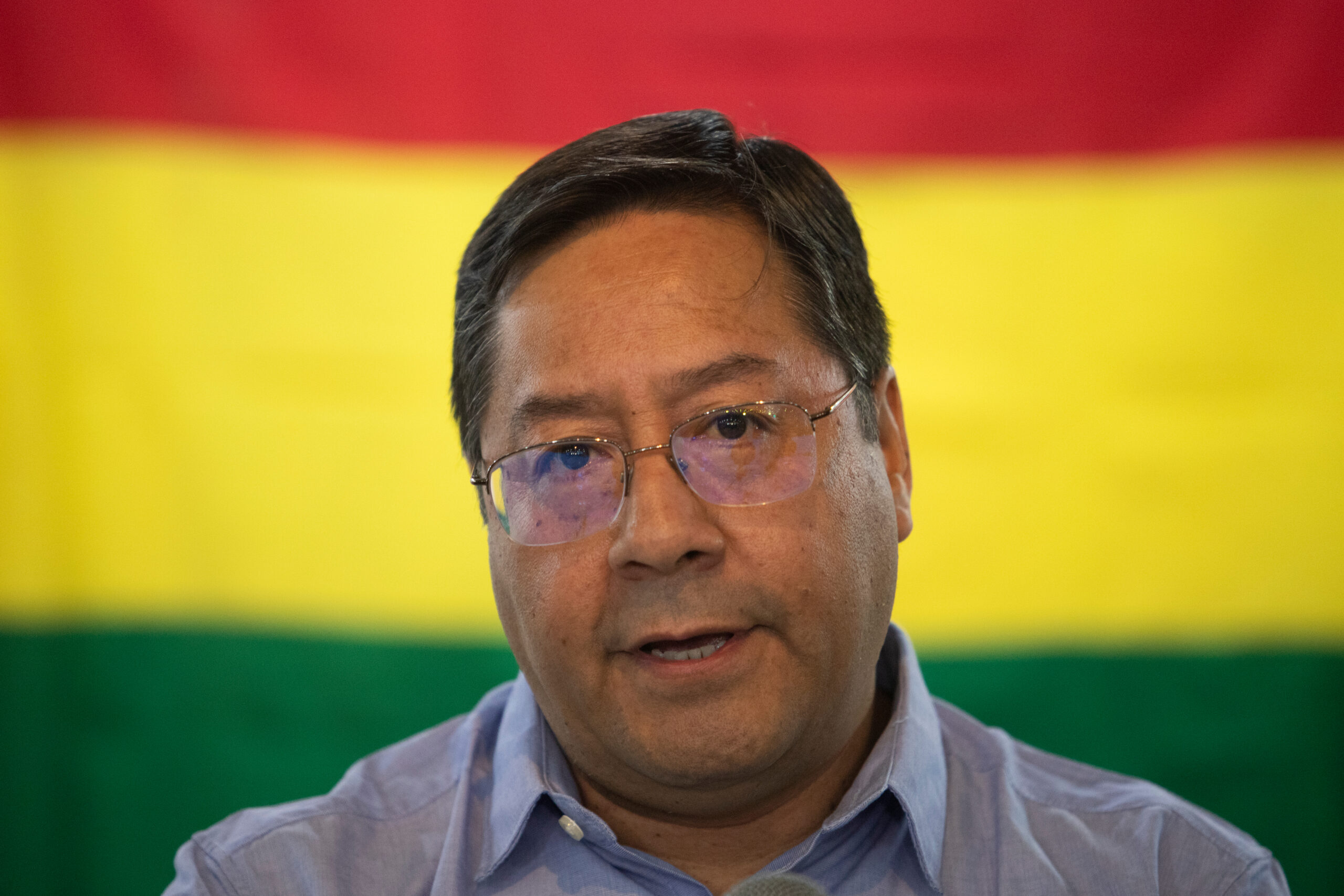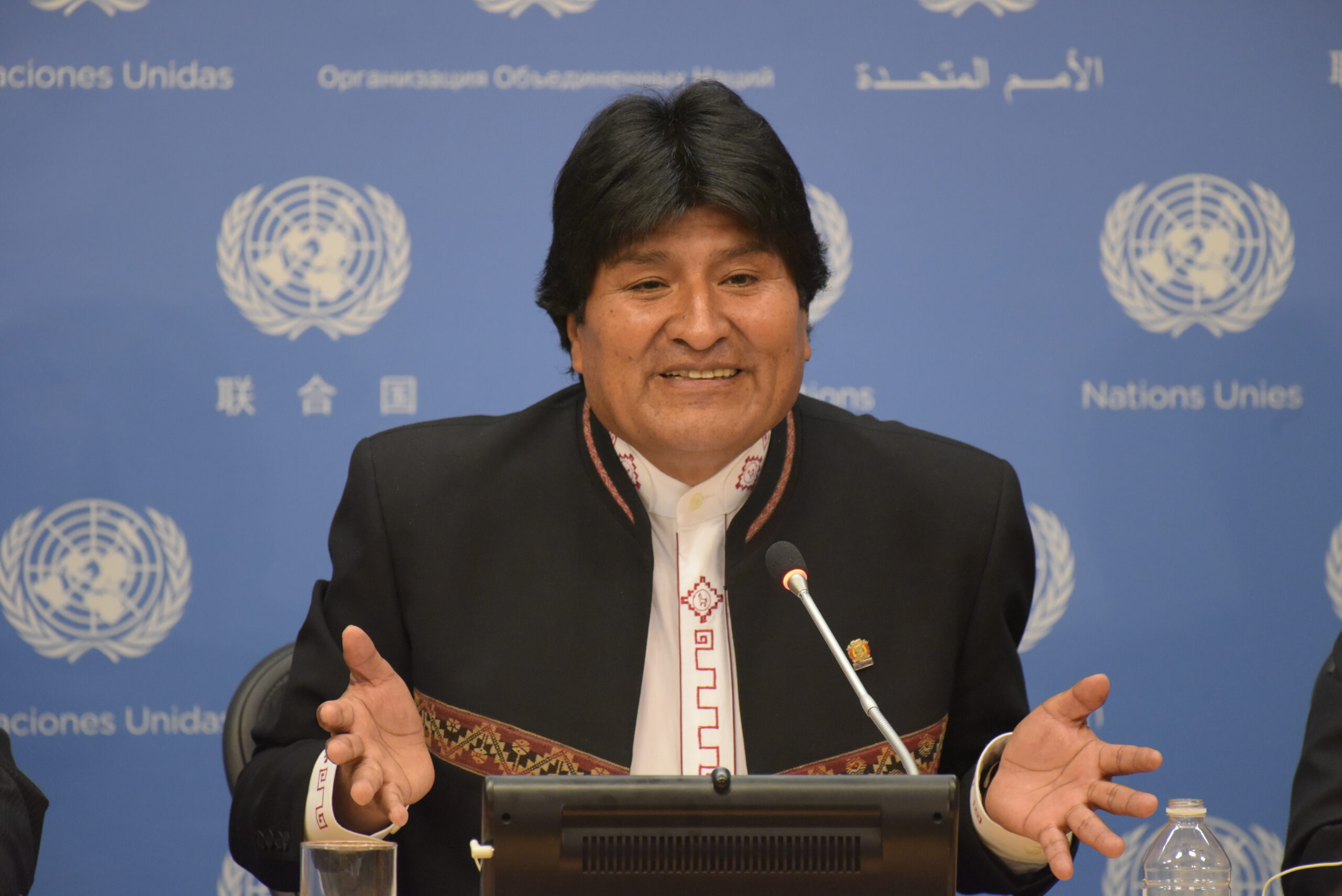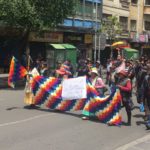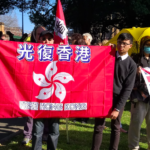A Victory for the People: Bolivia Reinstates Indigenous-Based Democracy

The 18th October Bolivian national election was a victory on many levels. The return to power of MAS (Movement Toward Socialism) marked a win for the Indigenous people of Bolivia – the Aymara and Quechua – who make up the majority of the nation’s population.
The soon-to-be Bolivian president Luis Arce’s coming to power also marks a victory for the Global South against neoliberal imperialism, as under his predecessor former president Evo Morales, Bolivia achieved complete independence from World Bank and IMF tutelage.
Following the US-backed coup that ousted Morales last November, the people of Bolivia have gone on to re-elect a governing body that in its previous 14 years in office ensured that the wealth of the nation was redistributed towards health, education and poverty programs.
And this victory also comes after the onset of a global pandemic that’s seen numerous nations taking an authoritarian approach to the crisis, while, in contrast, although hit hard by COVID-19, Bolivians have said there’s another way.

Pachamama returned
“The significance of this victory lies in the fact that it shows just how powerful people power really is,” said Federico Fuentes, an Argentinian-born journalist, who travelled to Bolivia to cover the 2005 election that saw Morales first come to power.
The Latin America solidarity activist points out that despite the “US and military-backed coup”, a “year of repression and persecution” of MAS, and “a constant media campaign to demonise” the party, the Movement Toward Socialism “not only won the October election, but increased its vote.”
“This victory was primarily due to the organisation and mobilisation of the MAS social base: the country’s Indigenous, campesino and worker organisations,” Fuentes told Sydney Criminal Lawyers, adding that they opposed the coup in the streets, and mobilised against this year’s election delays.
Election fraud accusations without any firm evidence circulated after Morales won his fourth election last year. He was then pushed to resign in November, with conservative senator Jeanine Añez Chávez declaring her appointment to interim president, as “Christ returning to parliament”.
But Añez will now be stepping aside when former MAS economic minister Luis Arce takes over the presidential office, after defeating his main opponent right wing candidate Carlos Mesa with 55 percent of the vote, compared to 29 percent.
According to Fuentes, there are two further factors behind the victory, the “failure of the coup regime to deal with the country’s economic crisis and COVID-19”, and the ability of “Arce to win back support in urban areas on the basis of his strong track record as Morales’ economy minister”.

Opposing imperialism
“The Morales government was always a thorn in the side of foreign governments from the Global North due to its policies of promoting greater state control over natural resources at the expense of multinationals,” Fuentes continued.
The Bolivian people have long been known for their opposition to US advances upon their resources. The turn of the century saw the Indigenous population of Bolivia’s Cochabamba region rise up against a transnational water privatisation attempt.
Known as the Cochabamba Water Revolt, the uprising saw Bechtel run out of town in 2000 by locals armed with rocks. The US company had hiked the water price by more than 50 percent after acquiring the region’s supply as part of a World Bank aid in return for water rights deal.
One of the main motives behind last year’s 10 November coup is considered to be the South American country’s lithium reserves, which are the largest in the world. This metal is becoming an increasingly important resource due to its use in batteries that power electric cars and computers.
Morales had implemented reforms so that lithium was processed in Bolivia rather than being sent overseas to be dealt with, thus maintaining more of the profit domestically.
Indeed, Elon Musk’s company Tesla relies heavily on lithium for its products. And in response to allegations around a lithium inspired coup, the Tesla CEO tweeted earlier this year, “We will coup whoever we want! Deal with it!”
Fuentes points out that other transgressions Morales’ was guilty of in the eyes of the Global North was his promotion of Latin American integration, and his habit of speaking out against climate inaction, the war on drugs and imperialism at international forums.
“Getting rid of the MAS government would have meant easier access to Bolivia’s resources and silencing an important voice on the global political arena that has been unafraid to point the finger at capitalism for the economic and climate crises the world faces,” he made clear.
Continuing the revolution
Many are drawing a link to the recent MAS election win and the 2005 poll that saw former coca famer Evo Morales swept into power as the nation’s first Indigenous president since the Spanish invaded in the 16th century.
Back then, the people were calling for radical change after years of rule that benefited corporates. And despite there being an interim period of less than 12 months in between, the people are once again calling for substantial reform following the past year of turmoil.
“Arce was a consensus candidate selected at a meeting of dozens of representatives from the various organisations that make up the MAS,” Fuentes continued, adding that much of the former minister’s draw was from having presided over a decade of “growth and wealth distribution”.
However, the journalist warns that the playing field has changed greatly since Arce was last in government. Right now, the entire globe is in economic downturn, commodity prices have dropped, and a year under the coup government has left the local economy in disarray.
“Success on this front will be crucial to securing his position,” he said, and then suggested that the MAS government will also need to forge new partnerships with the nation’s social organisations that have stepped out of the shadow of Arce’s party during its time in opposition.
“This will be necessary to breathe new life into the process of change begun under Morales, but that had begun to falter, to the point where the right was able to gain the initiative and depose the MAS from power, albeit only for a year,” Fuentes concluded.







